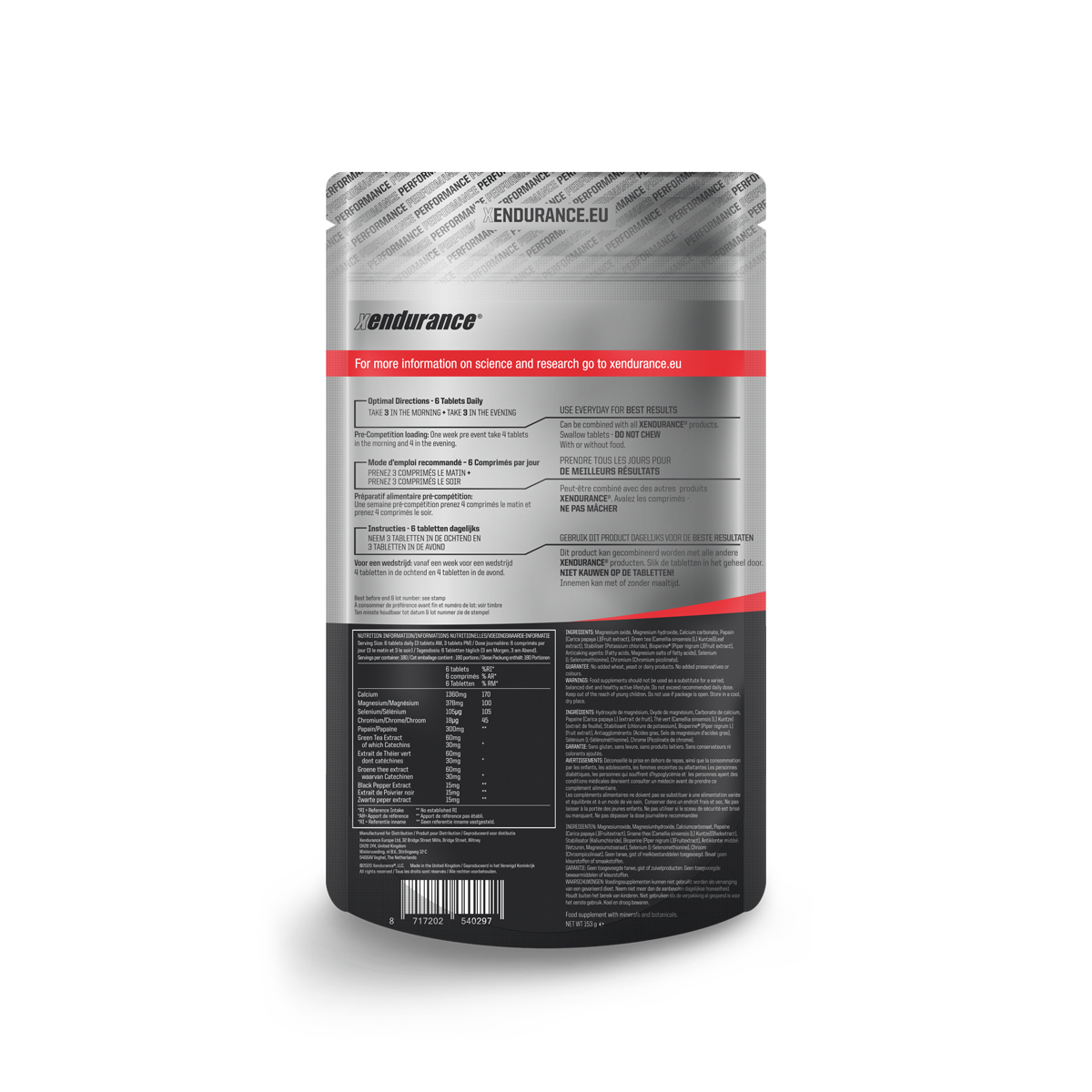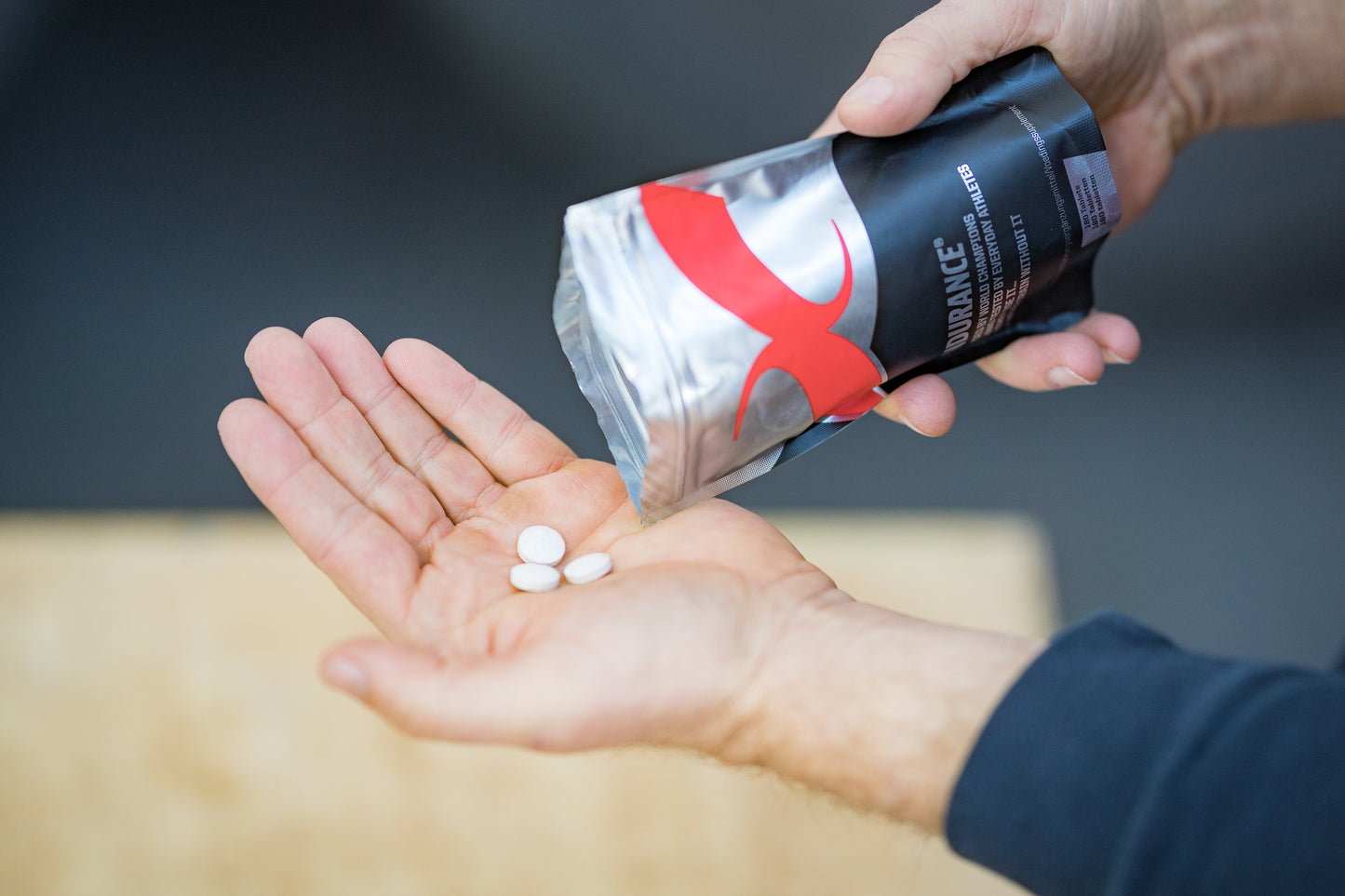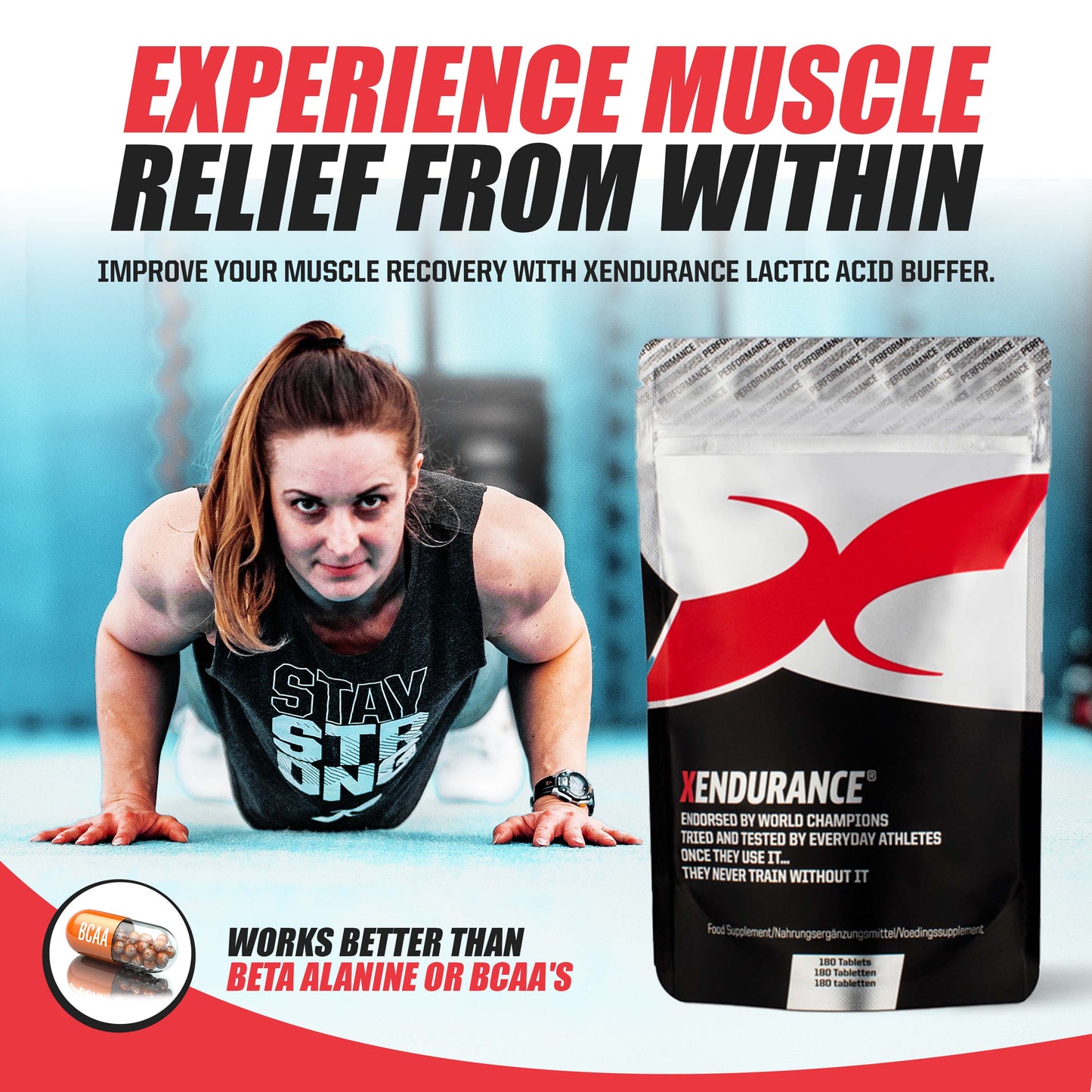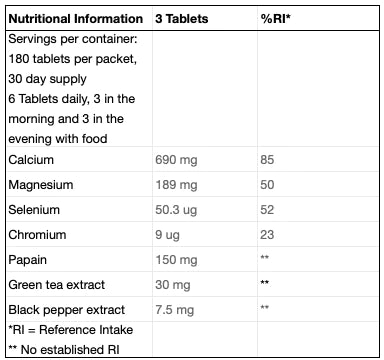Share
There is three feet of snow outside and you are wrapped in a blanket in front of the fire. You are trying to stay warm but suddenly you realise you have a headache. You probably need more water! Yes, it’s cold outside but becoming dehydrated can happen in any climate and that may be causing the headache. And if you keep reading you will learn why winter may be when you need to stay hydrated the most.
Why Is Water So Necessary?
Did you know that water helps your body cool down and release toxins? It also keeps your skin looking fresh, which can make a huge difference in how people perceive you. Drinking water is the best way to keep yourself hydrated and healthy. We all need plenty of water.
Water regulates your cells, tissues and organs so they work at their optimum.
Here are four important reasons for drinking water:
- Water removes toxins from your body. It helps you flush waste and keeps your kidneys functioning.
- Water lubricates your nose, mouth skin, eyes and even joints.
- Water keeps your temperature normal and reduces heat stress.
- Water keeps you from becoming dehydrated. If you become dehydrated it can cause headaches and it also zaps your energy.
How Much Water Do You Need To Cool Down?
Your water intake will depend on how hot it is outside. Or how cold it is….When the weather is really warm, your body sweats more to help cool you down. You need to drink extra water when this happens to replace all of the water that is being lost through sweat.
It is actually more important to drink a lot of water in the winter. Blood vessels constrict when we are cold and this prevents blood flowing freely to our extremities. In winter the air is also dryer and the body’s thirst response is diminished. When it’s cold outside you may also layer your clothing and you will naturally sweat and may not know it. If your urine is dark yellow, it may indicate you are dehydrated! - so start drinking.
How Much Water Do You Need To Release Toxins?
It is probably different for everyone based on many factors such as age, size, and activity. Water helps flush out toxins from your body and if you can not release the toxins they can build up and make you feel sick. Drinking plenty of water each day can help your body stay healthy and functioning properly.
How Much Water Do We Need Per Day?
The water requirement range varies from person to person. The water amount differs depending on how active or inactive someone is. Water needs also vary based on altitude and temperature outside. Some will recommend women need 11 cups a day while men need 15 cups per day. Some say 8 glasses of water per day. For men, the Institute of Medicine (IOM) recommends a total of 13 cups (about 3 liters) of fluid each day. For women, they suggest 9 cups (a little over 2 liters) of fluid each day.
Why don’t we just agree that we all need A LOT of water per day and you need to devise a way to measure your daily water intake and not forget to keep drinking!
Are Sports Drinks Considered Water?
In other words, if you drink a sports drink does this count for your daily intake of water?
Most sports drinks are advertised to replace electrolytes. Many have sugar in them along with the electrolytes and some contain an energy source such as Lactate. However, this type of fluid should not count as part of your daily water intake, especially when some sports formulas also contain caffeine - and caffeine is a diuretic. The same goes for fruit juices, coffee, teas and your shakes in the morning. You still need plain water.
What Foods Contain Water?
Watermelon, melon, strawberries, cucumbers, bell peppers, celery, cabbage and courgette are made up of over 90% water. You can argue these as water sources but why not just make a point of getting your 8+ glasses of water per day. These foods can just be thought of as an additional source of water intake.
How Long Can You Survive Without Water?
The human body is about 60% water. Dehydration may cause a loss of more than 10% of your body weight and this is considered a medical emergency, You can go about 3 to 4 weeks without food but only 2-4 days without water. And your body is constantly losing water when you sweat, go to the bathroom and even exhale.
Keep a water bottle in your car and one on your desk all day long - and keep the refills coming. Just make sure that water bottle is REUSABLE.










